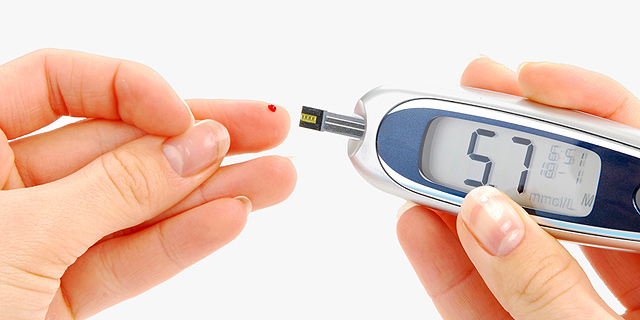
Israeli and French Biotech Companies Partner to Fight Diabetes With Bio-Artificial Pancreas
Israel-based Kadimastem and France-headquartered Defymed will receive a grant of around $1.5 million from the European Commission's Eurostars program to develop the technology to treat type 1 diabetes
Lilach Baumer | 15:59, 12.11.18
Israel-based biotech company Kadimastem Ltd. and Strasbourg, France-headquartered biotech company Defymed SAS will receive a NIS 5.4 million (approximately $1.47 million) grant to collaborate on the clinical development of a stem cell-based bio-artificial pancreas for the treatment of type 1 diabetes. Kadimastem announced the grant Monday in a filing to the Tel Aviv Stock Exchange.
For daily updates, subscribe to our newsletter by clicking here.
The two-year grant is awarded by Eurostars, a pan-European program aimed at promoting research and development by small and medium enterprises, which is jointly funded by the European Commission and intergovernmental research organization EUREKA. Of the NIS 1.5 million (approximately $408,000) Kadimastem is slated to receive for the first year, 50% will be funded by the Israel Innovation Authority, the Israeli government's tech investment arm.
Once known as juvenile diabetes and different than the more widely-spread type 2, type 1 diabetes is a chronic condition that occurs when the pancreas produces little to no insulin, the hormone regulating glucose entry to the cells. Glucose is a necessary component for energy creation in the body.
No Comments Add Comment